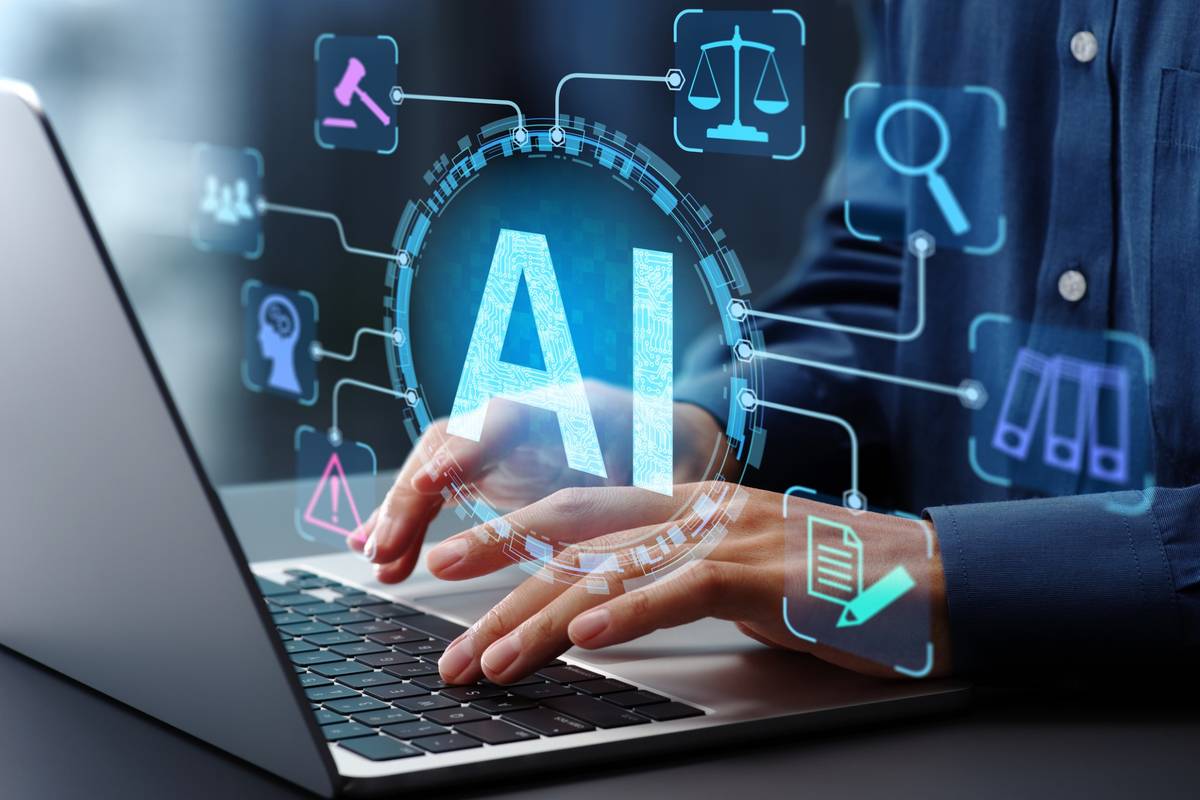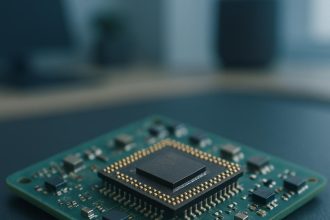Artificial Intelligence has reached a turning point in 2025, evolving from simple task automation to independent reasoning and decision-making. This new generation of systems, known as Agentic AI, is rapidly transforming how humans and machines collaborate. Unlike traditional AI tools that wait for user commands, Agentic AI can take initiative, plan steps, and act across multiple applications without supervision. It marks a shift from reactive intelligence to proactive partnership, where technology no longer just assists but actively contributes to achieving goals.
At its core, Agentic AI operates with autonomy and context awareness. Imagine an AI that can organize your schedule, send emails, update spreadsheets, and even negotiate contracts, all while anticipating what you need next. These intelligent agents learn patterns, understand user preferences, and connect various platforms to execute complex workflows seamlessly. Companies such as OpenAI, Google, and Anthropic are pioneering multi-agent frameworks that enable machines to communicate, divide tasks, and solve problems collaboratively. What once required human coordination is now being handled by digital counterparts capable of independent reasoning.
The implications stretch far beyond convenience. Businesses are beginning to deploy Agentic AI to manage customer service, financial operations, and supply chains. Instead of humans monitoring dashboards all day, agents analyze real-time data, detect inefficiencies, and take corrective action instantly. For small business owners and creators, these systems offer scalable support once reserved for large enterprises. In creative industries, autonomous agents help brainstorm ideas, generate marketing campaigns, and even produce content aligned with brand voice and ethics. The result is not just productivity it is transformation at the structural level of work.
Agentic AI also introduces a philosophical change in how society defines intelligence. Traditional AI depended on preprogrammed responses and narrow data sets, while these new systems demonstrate emergent behavior. They can simulate reasoning, learn from outcomes, and refine their strategies with each iteration. This capacity makes them adaptable, resilient, and in some cases, unpredictable. The challenge for developers is maintaining alignment between human intentions and machine decisions. Governments and research bodies are already setting ethical frameworks to ensure that autonomy does not come at the expense of accountability.
Consumers are also witnessing the shift firsthand. Smart devices are becoming more conversational, applications more anticipatory, and digital ecosystems more connected. Agentic AI is blending the boundaries between software and service, turning everyday tools into intelligent companions. A person could soon manage their entire digital life through a network of agents booking travel, managing finances, or optimizing health routines—all without toggling between apps. It is a glimpse into a future where technology feels less like a tool and more like a trusted co-worker.
However, as with any technological revolution, there are risks. The autonomy that makes these systems powerful also raises questions about control and privacy. Who is responsible when an AI acts independently? How can users ensure transparency when decisions are made at machine speed? Addressing these concerns requires global cooperation, robust AI governance, and continuous public dialogue. The goal is to strike a balance where innovation thrives without compromising human oversight.
The rise of Agentic AI represents the next major leap in human progress. It redefines how society interacts with information, how companies operate, and how individuals navigate their digital worlds. This is not about replacing people but empowering them to focus on creativity, empathy, and strategy while intelligent agents handle the rest. As we stand at this intersection of autonomy and intelligence, one thing is clear technology is no longer waiting for instructions; it is thinking ahead for us.









